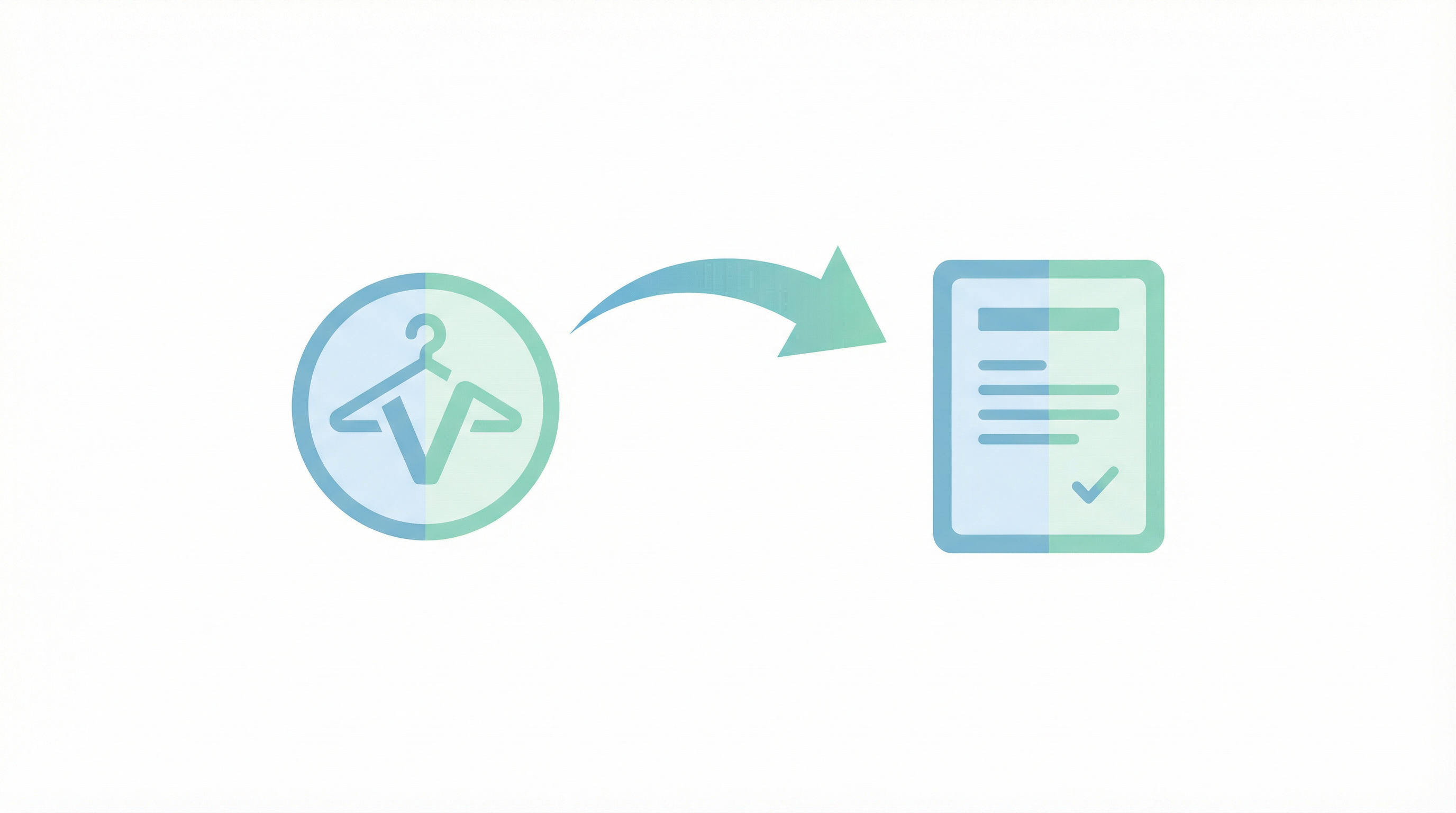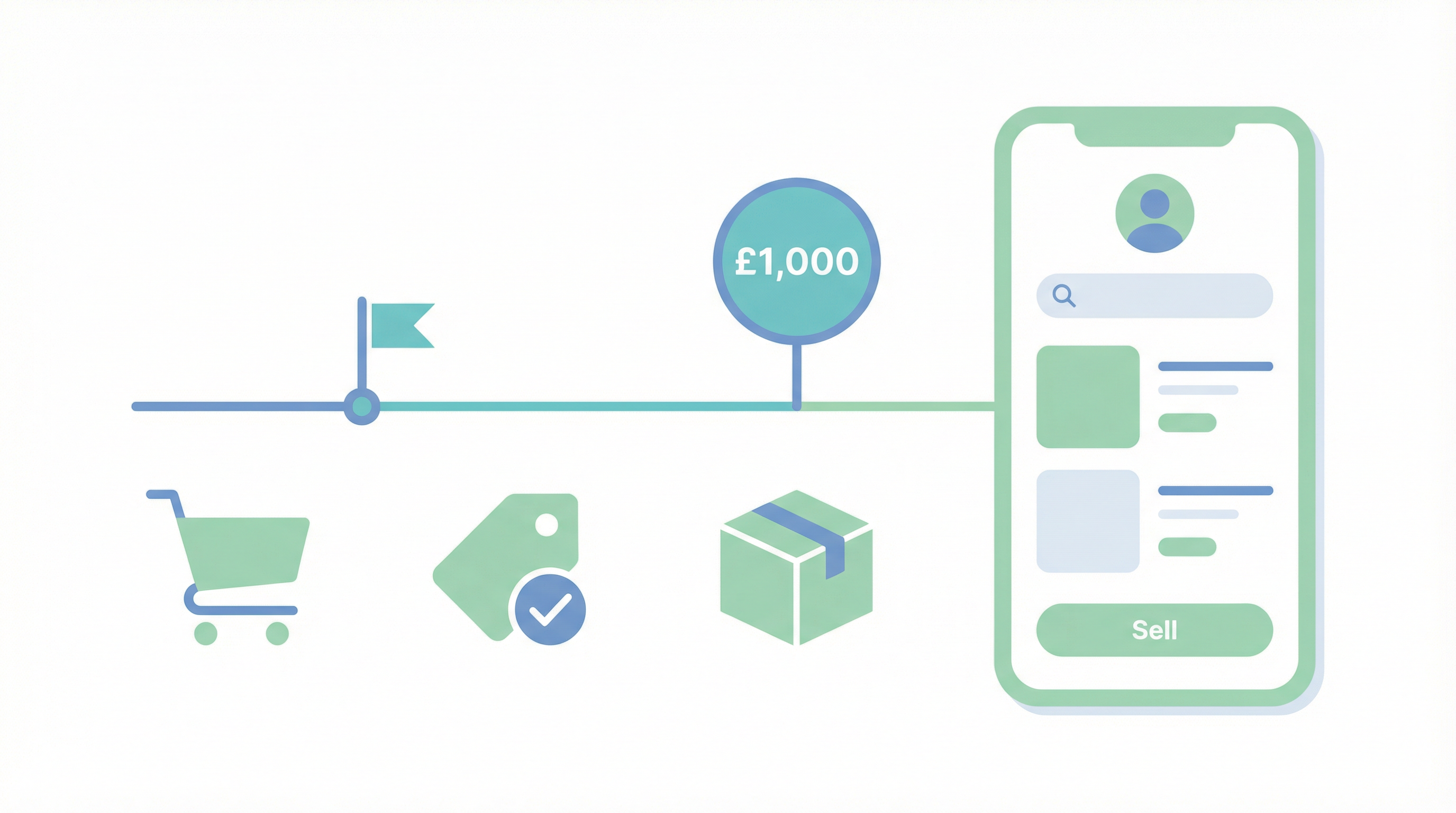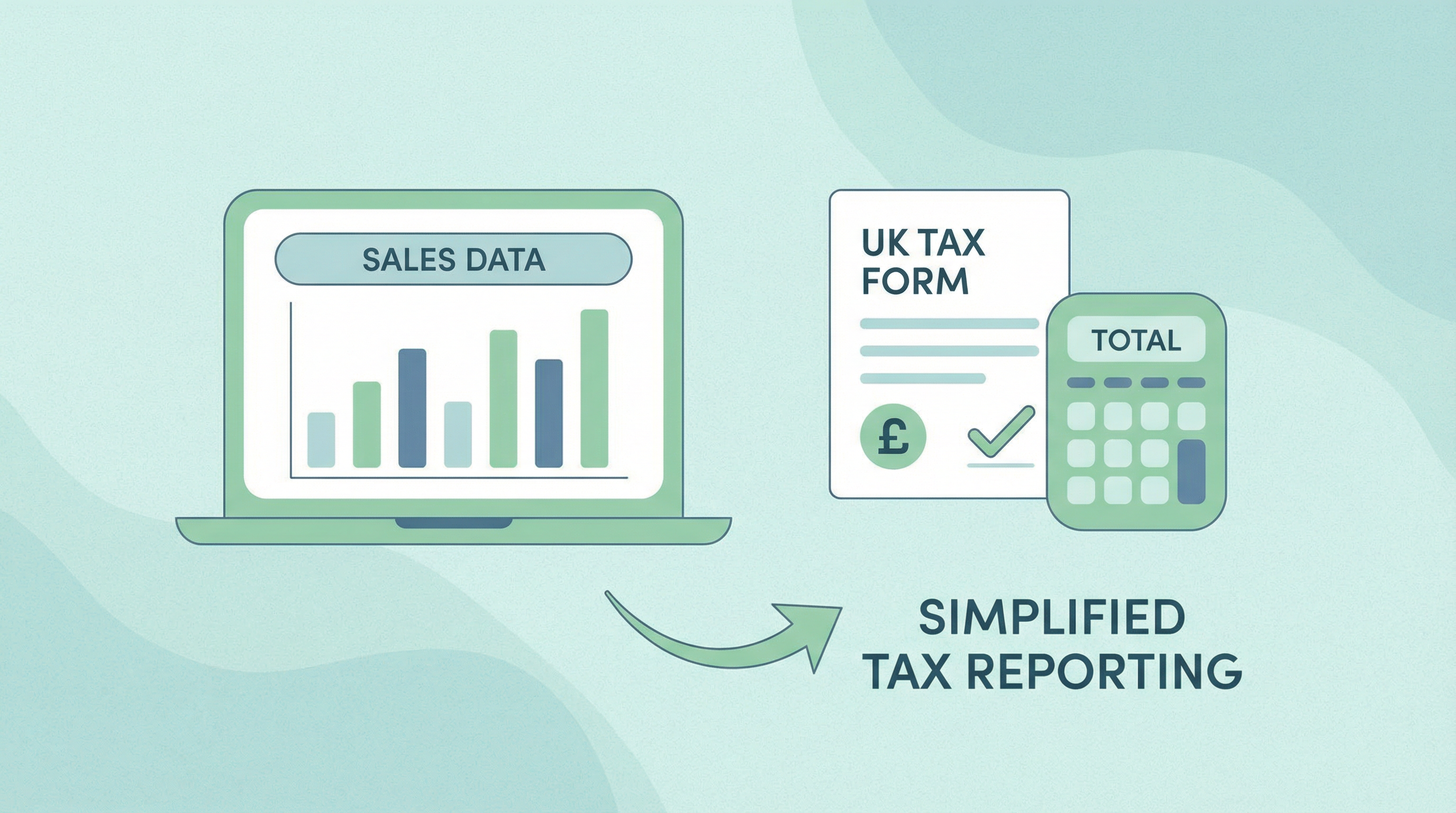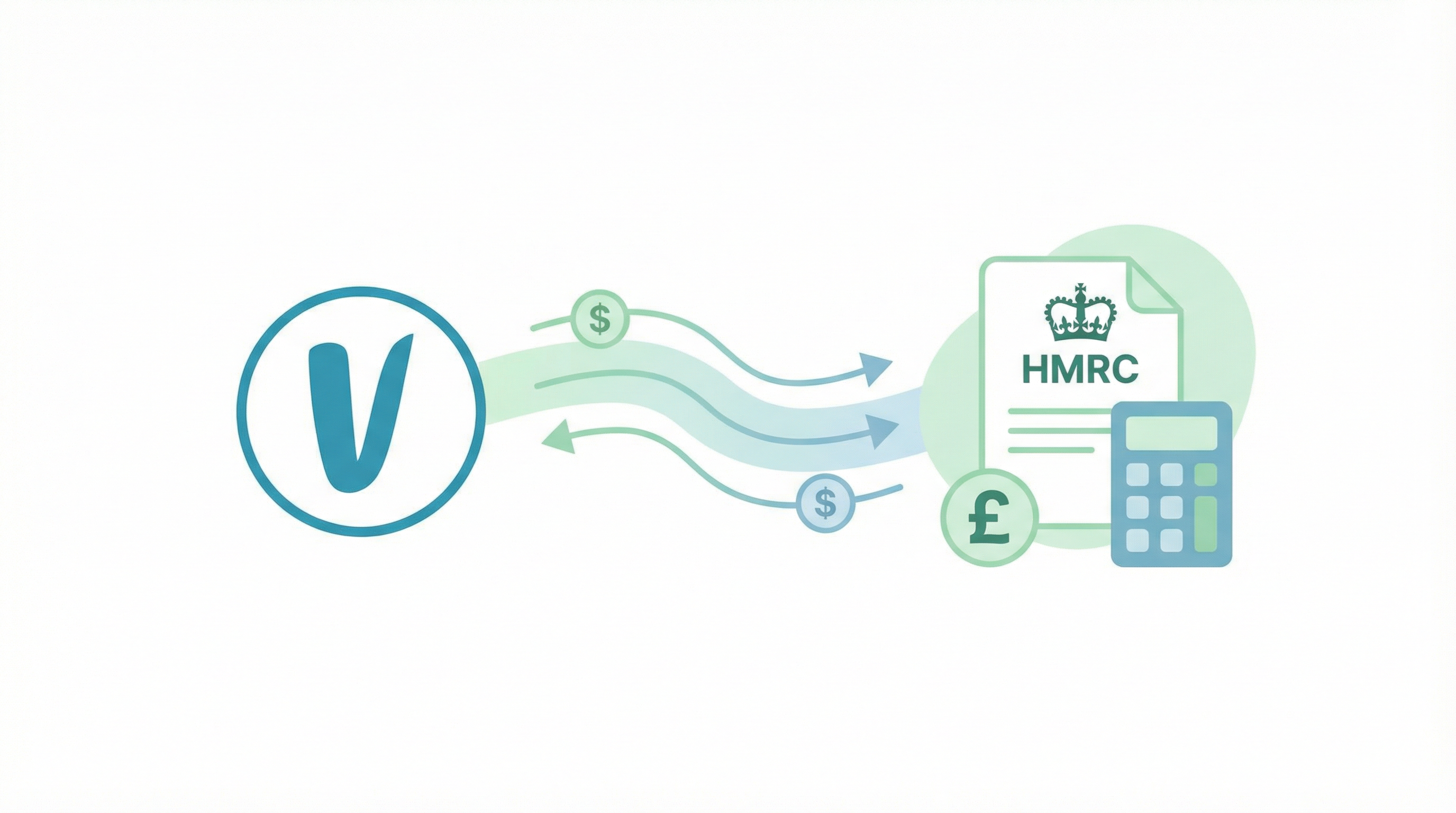Vinted Sales: When Do UK Sellers Need to Register as Self-Employed?
Legal Notice: Vinta.app is independent and not affiliated with Vinted; Vinted has not reviewed or approved this content; this material is for information only and does not constitute legal, tax, or accounting advice.

Vinted Sales: When Do UK Sellers Need to Register as Self-Employed?
A common question for those selling items on Vinted in the UK is: "When do I actually need to register as self-employed with HM Revenue & Customs (HMRC)?" It's a valid concern, as understanding this threshold is key to staying compliant with UK tax law.
The rules hinge on two main factors: your level of income from trading activities and whether your selling activity is considered a business rather than just a casual hobby. Let's break it down.
Two Key Triggers for Self-Employed Registration:
You generally must register as self-employed with HMRC if either of these conditions apply to your Vinted sales (and any other similar income):
-
Your Gross Trading Income Exceeds £1,000 in a Tax Year:
- The UK has a trading allowance of £1,000 per tax year (6th April to 5th April).
- This allowance applies to your gross income (total earnings before any expenses are deducted) from trading activities. This includes income from all platforms and self-employed ventures combined, not just Vinted.
- If your total gross income from trading activities goes over £1,000, you need to register for Self Assessment (which usually means registering as self-employed if this is your main or a significant side business).
-
Your Vinted Selling Activity is Considered a Business (Trading):
- Even if your income is initially below £1,000, if your activity has the characteristics of a business (often referred to by HMRC as "badges of trade"), you should prepare to register.
- What makes it a business?
- Buying items specifically to resell for a profit: This is a strong indicator of trading.
- Selling regularly and frequently: Consistent sales activity rather than occasional clear-outs.
- A clear intention to make a profit: Your primary motivation is to make money.
- Making items yourself to sell.
- If you're doing any of these, HMRC likely views you as trading. Once your gross income from these trading activities hits the £1,000 threshold, registration is necessary. Many people choose to register as soon as they start trading with the intention of exceeding the allowance, to ensure they are set up correctly from the start.
What about just selling old personal items? If you're simply decluttering your wardrobe and selling your own unwanted personal items that you didn't buy with the intention to resell, this is usually not considered trading. In such cases, you typically don't need to register as self-employed, even if your sales occasionally go over £1,000, as this income isn't from a trade.
The Deadline for Registration
If you determine that you do need to register as self-employed, there's a specific deadline. You must register with HMRC by 5th October following the end of the tax year in which you started trading and exceeded the £1,000 trading allowance (or otherwise needed to register).
- Example: If you started trading on Vinted in July 2024 (which falls into the 2024/25 tax year, ending 5th April 2025) and realised your gross trading income would exceed £1,000, you would need to register as self-employed by 5th October 2025.
Missing this deadline can potentially lead to penalties, so it's important to act in good time.
What Does Registering as Self-Employed Involve?
When you register as self-employed, you are informing HMRC that you are earning income that isn't taxed at source (like employment income is through PAYE). The main implications are:
- You will need to keep accurate records of your business income (sales) and allowable expenses.
- You will need to complete and file a Self Assessment tax return each year, declaring your profits.
- You will be responsible for paying Income Tax on your profits and usually Class 2 and Class 4 National Insurance contributions.
How Vinta.app Can Help
Understanding your sales figures is the first step in determining if you need to register as self-employed. Vinta.app provides clarity on your Vinted income:
- Track Your Sales Income: Easily monitor your gross income from Vinted sales to see if you're approaching or have exceeded the £1,000 trading allowance.
- Informed Decisions: With accurate sales data, you can make a more informed decision about when you need to register with HMRC.
- Simplify Record-Keeping for Sales: If you do register, Vinta.app provides an organised record of your Vinted sales income, which is essential for your Self Assessment tax return.
Conclusion: Be Proactive About Your Vinted Tax Status
For Vinted sellers in the UK, it's crucial to understand when your selling activities require you to register as self-employed. If you're buying to resell, selling regularly with a profit motive, or if your gross trading income from all sources tops £1,000 in a tax year, registration is usually necessary.
Stay informed, keep an eye on your income, and remember the 5th October deadline if you do need to register.
Disclaimer: This article provides general information for UK Vinted sellers and should not be taken as professional tax advice. Tax rules can be complex and individual circumstances vary. If you are unsure about your obligations, please consult with a qualified accountant or tax advisor, or refer to official HMRC guidance.
Stay on top of your Vinted sales figures with Vinta.app.
Tags

George Jefferson
Vinted Pro Seller and founder of Vinta.app, sharing expert insights on professional Vinted selling, tax compliance, and scaling your online business.


